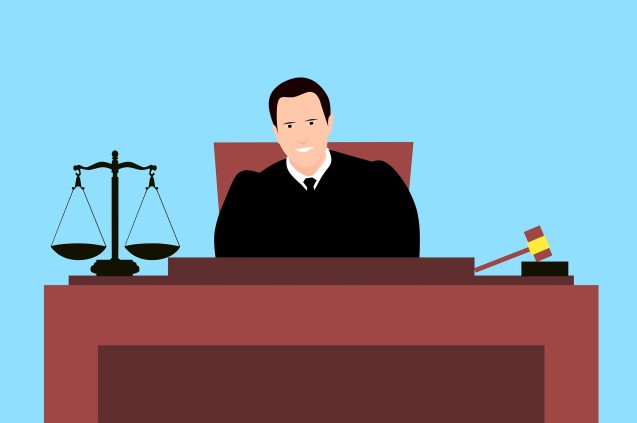In this commercial lease dispute, the trial court abused its discretion in not one, not two, but three different ways when it awarded contractual fees to the losing defendant.
In Waterwood Enterprises, LLC v. City of Long Beach (D2d1 Dec. 18, 2020) No. B296830, landlord claimed the city was liable for substantial repairs to a property that had been used as a police evidence facility. The city claimed the damages were normal wear and tear. A jury awarded landlord $45,000 in damages against the city.
Yet the trial court went on to rule the city was the prevailing party, awarding it over $170,000 in attorney fees. The court reasoned the verdict was closer to the city's prior settlement offers than to the landlord's (though landlord's verdict exceeded the city's CCP § 998 offer).
The result was that, despite winning at trial, landlord wound up as the judgment debtor, owing the city over $100,000.
The Second District reversed, finding the trial court had abused its discretion in at three ways.
First, the trial court based its ruling on the fact that the jury's verdict was based on the city's liability to repair the parking lot, which, the trial court stated, "was exactly the relief the City acknowledged to the jury that it should pay to [landlord]." While the trial court's reasoning was unsound for other reasons, it abused its discretion because the premise was simply not supported in the record. "[A] trial court abuses its discretion when it relies on facts wholly unsupported by the record."
Second, "[t]he trial court also abused its discretion in relying on improper legal criteria," namely, the parties' settlement offers. "[A] trial court may not consider the parties' settlement communications" in determining the prevailing party under Civil Code section 1717.
Third, "[a] trial court abuses its discretion when it applies the wrong legal standard." Here, the trial court misapplied the legal standard under section 1717. The city contended it had conceded it was liable for some of the parking lot repairs, and thus the jury verdict based on those repairs could not be used to determine plaintiff was the prevailing party. In this, the city and the trial court misapplied section 1717, which requires the party to allege in its answer that tender for such damages had been made, and to thereupon deposit the amount with the court. City did not do that here.
Finally – and rather burying the lede – the Court notes that there was only one contract cause of action, that plaintiff prevailed on it, and thus defendant could not be the prevailing party. Nonetheless, the Court noted plaintiff's victory was not a "simple, unqualified win," and thus the trial court had discretion to determine there was no prevailing party. The Second District remanded to determine whether plaintiff was the prevailing party, or that there was no prevailing party.
The takeaway: Improper or unsupported findings, reliance on improper evidence, and misapplying legal standards are key ways to obtain reversal on abuse of discretion grounds.
Tim Kowal helps trial attorneys and clients win their cases and avoid error on appeal. He co-hosts the Cal. Appellate Law Podcast at www.CALPodcast.com, and publishes a newsletter of appellate tips for trial attorneys at www.tvalaw.com/articles. Contact Tim at tkowal@tvalaw.com or (714) 641-1232.

